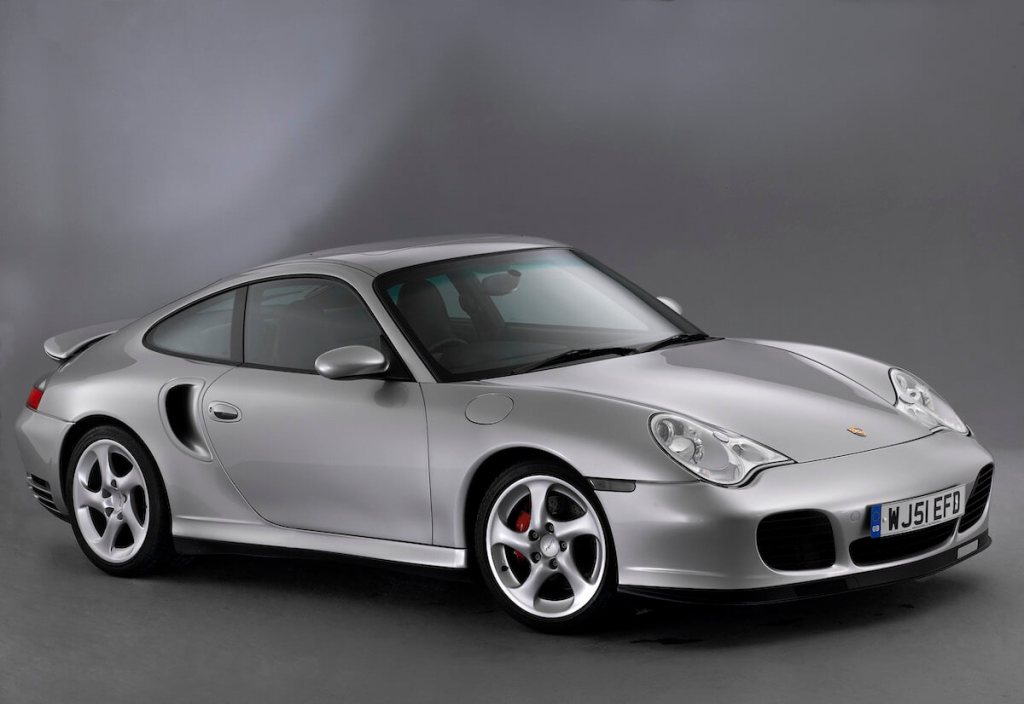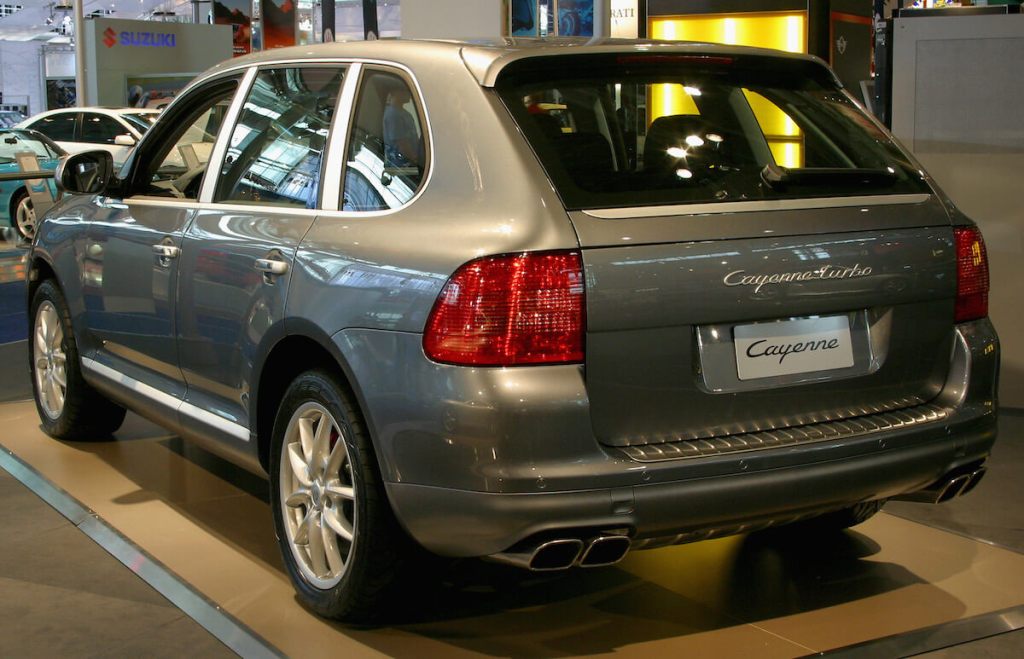Porsche is synonymous with high performance, precision engineering and innovation. Over the years, they have produced some of the most iconic sports cars in the world. Unfortunately, however, not all of his engines have been successful. From reliability issues to performance deficiencies, these engines have left a lot to be desired. While Porsche has learned from these mistakes, examining the less successful engines is essential to understanding the brand’s evolution.
Porsche M96: famous IMS bearing problem

The Porsche 996 Carrera 4, produced between 1997 and 2006, suffered from a serious problem known as the Intermediate Shaft Bearing (IMS) problem. The problem could render the car inoperable with as little as 3,000 miles on the odometer. This problem is also found in the 986 Boxster, produced in the same model years. The IMS bearing is where the flywheel meets the crankshaft and a bad bearing could sabotage the whole engine.
Porsche V8 Cayenne Turbo 4.5 liter – Bad engine behavior

With the 4.5-liter V8 engine, the Porsche Cayenne Turbo is a high-performance SUV that combines speed and luxury. Unfortunately, however, this is not the case for most owners due to a serious problem with the engine piping. The cooling system on these cars, up to the 2007 model year, has plastic tubes that are prone to failure. Failure of these cheaply made pipes could cause the engine to suffer catastrophic damage. If caught in time, replacing the plastic tube with durable aluminum tubes solved the problem.
Porsche 3.6 Liter M96/05 – Rear Main Seal
The 3.6 liter Porsche 996 and Cayman 997 are known to have an engine prone to failure due to a faulty rear main seal (RMS). The RMS is located at the rear of the engine where the crankshaft connects to the flywheel and clutch assembly, just above the famous Porsche engine leak at the intermediate shaft bearing (IMS). Fixing the RMS problem requires removing the entire gearbox, which makes it expensive and time-consuming.
Porsche M48 and M48.5: Cylinder Bore Rating

The Porsche M48 and M48.5 engines, specifically the M48.00 and M48.50 01 engines, faced significant problems with cylinder bore scoring. These engines are in the 4.5 liter Porsche 955 Cayenne V8 models. The Lokasil aluminum coating used on the cylinder wall is less durable as a coating and leads to marking of the inside of the cylinder. The consequences of this score include high oil usage, misfires, loss of power and hard knocks, making it a major issue for the brand and its customers.
Porsche 3.8 liter flat-six – Burst in flames

The 2014 Porsche 911 GT3 with a 3.8-liter flat-six engine has a serious problem: the engine will burst into flames. At least two cases emerged before the automaker recalled all affected vehicles. According to Car and Driver, the root cause of the problem was a faulty connecting rod holder, which caused the crankshaft to disconnect from the engine. However, the company took responsibility for the problem and replaced every bad part. If you’re buying a used 2014 911, it’s crucial to make sure the vehicle has been serviced for the recalled part to avoid potential safety hazards. Despite the problem, Porsche’s quick response to the problem is commendable.
Are Porsche engines reliable?
Despite Porsche’s reputation for producing high-quality engines, not all have been successful. From the infamous IMS bearing issue to cylinder diameter scoring and engines bursting into flames, these engines have caused headaches for the brand and its customers. However, it’s important to note that the company has learned from these mistakes, so its engines have become more reliable and efficient over time. Examining the less successful engines serves as a reminder that even the most iconic brands can face challenges.


